Adapting HR Strategies for Gen Z Employees
As Generation Z enters the workforce, businesses are faced with a new set of expectations and challenges. Born between the mid-1990s and early 2010s, Gen Z employees are distinct from their predecessors in many ways, particularly in their approach to work, technology, and communication. To effectively attract, engage, and retain this new generation, HR strategies must evolve. Here’s how you can adapt your HR practices to meet the needs and preferences of Gen Z employees.
Understanding Gen Z
Gen Z has grown up in a world dominated by technology and rapid change. They are digital natives, accustomed to instant access to information and communication. They value authenticity, diversity, and flexibility. Here are some key characteristics of Gen Z employees:
- Tech-Savvy: Comfortable with digital tools and platforms.
- Value-Driven: Seek employers whose values align with their own.
- Career-Oriented: Ambitious and focused on career growth.
- Diverse and Inclusive: Value diversity and expect inclusive environments.
- Wellness-Focused: Prioritize mental and physical well-being.
Adapting HR Strategies
Leverage Technology for Recruitment and Onboarding Gen Z expects a seamless digital experience. Use advanced recruitment tools like AI-driven applicant tracking systems and virtual interview platforms. Ensure your onboarding process is interactive and digital-friendly, incorporating online training modules, virtual tours, and instant communication channels.
Foster a Culture of Continuous Learning Gen Z values career development and learning opportunities. Implement continuous learning programs, offering access to online courses, workshops, and mentorship programs. Encourage a culture of upskilling and reskilling to help them grow within the organization.
Emphasize Company Values and Social Responsibility This generation is particularly concerned with ethical practices and social responsibility. Highlight your company’s values, mission, and CSR initiatives. Show how your organization is making a positive impact on society and the environment. Transparent communication about these efforts can significantly enhance your appeal.
Promote Work-Life Balance and Flexibility Flexibility is key for Gen Z. They prioritize work-life balance and are more productive in flexible work environments. Offer options like remote work, flexible hours, and wellness programs. This flexibility helps them manage their personal and professional lives more effectively.
Create an Inclusive and Diverse Workplace Diversity and inclusion are non-negotiable for Gen Z. They expect workplaces to be inclusive and reflective of different backgrounds and perspectives. Promote diversity through inclusive hiring practices, employee resource groups, and diversity training programs.
Engage with Authentic Communication Gen Z values authenticity and direct communication. Foster an open-door policy and encourage transparent communication at all levels. Utilize platforms they are familiar with, such as social media, for internal communications and feedback mechanisms.
Focus on Mental Health and Well-being Mental health is a significant concern for Gen Z. Provide access to mental health resources, support systems, and wellness programs. Encourage a culture where discussing mental health is normalized and supported.
Offer Competitive Benefits and Compensation While Gen Z values purpose and impact, competitive compensation remains important. Ensure your benefits package is comprehensive, including health insurance, retirement plans, and perks that resonate with their lifestyle, such as student loan assistance or tech allowances.
Encourage Collaboration and Teamwork Despite their digital proficiency, Gen Z values human interaction and teamwork. Create opportunities for collaborative projects and team-building activities. Encourage a collaborative culture where ideas are freely exchanged and innovation is fostered.
Utilize Data-Driven HR Practices Leverage data analytics to understand the needs and preferences of Gen Z employees. Use data to inform your HR strategies, from recruitment and retention to performance management. This approach ensures that your strategies are effective and aligned with employee expectations.
Conclusion:
Adapting HR strategies for Gen Z employees is not just about meeting their needs but also about leveraging their unique strengths to drive organizational success. By embracing technology, promoting continuous learning, and fostering an inclusive and flexible work environment, businesses can attract and retain top Gen Z talent. As this generation continues to grow within the workforce, those organizations that proactively adapt will be well-positioned to thrive in the evolving business landscape.

